What happens behind the scenes in Whitehall when power changes hands
Preparations must begin for a possible transition of power to a Labour government, says think tank
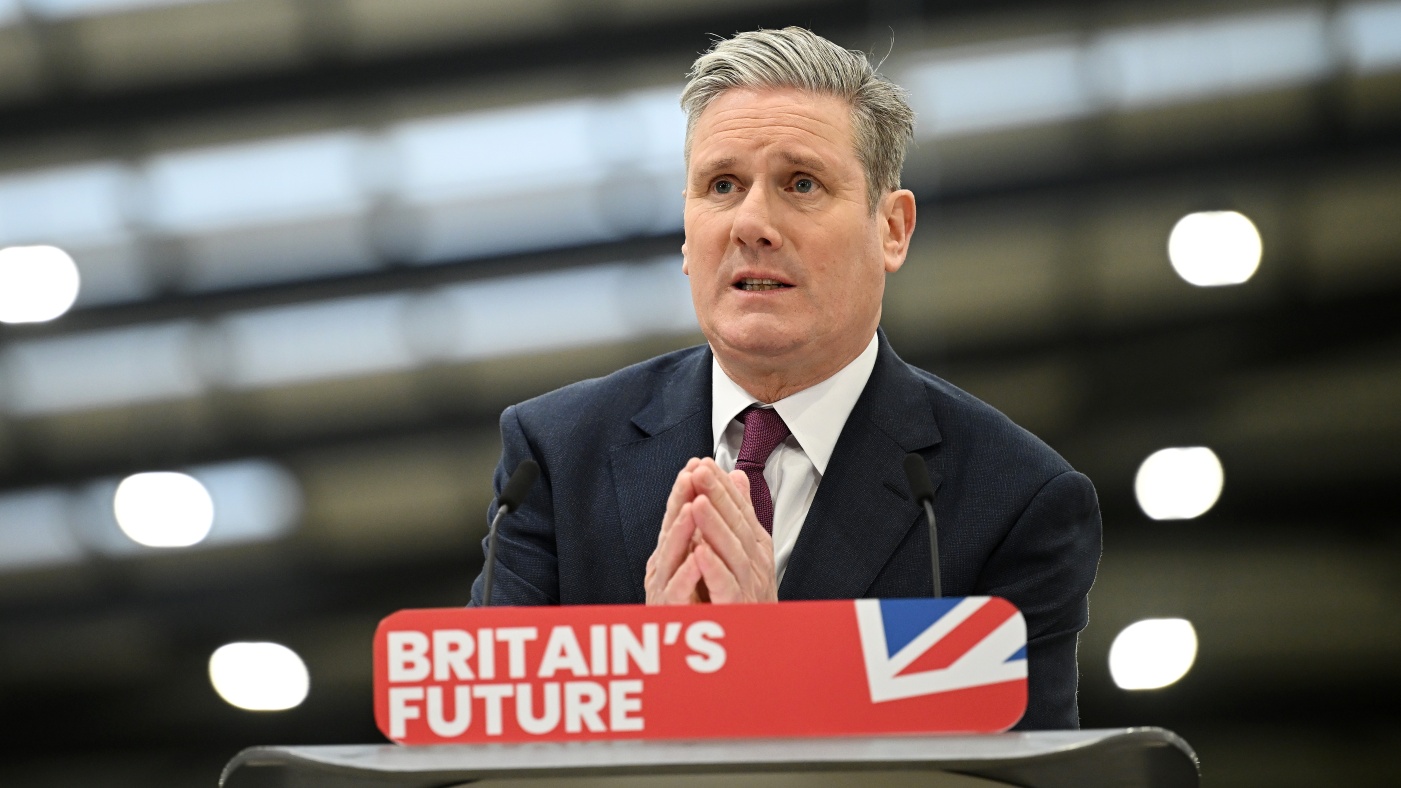
The Labour Party should immediately begin talks with the civil service to ensure a smooth transition of power should they win the next general election, according to a major think tank.
The Institute for Government (IfG) has warned that time is running out to prepare both the Labour Party and the civil service for a new government under Keir Starmer. Labour has an enormous 24-point lead in the polls, according to the latest YouGov figures.
With so-called "access talks" between Whitehall mandarins and the opposition typically beginning at around 16 months before polling day, the IfG report says that "time is running short", with the next general election to be held no later than 28 January 2025.
The Week
Escape your echo chamber. Get the facts behind the news, plus analysis from multiple perspectives.

Sign up for The Week's Free Newsletters
From our morning news briefing to a weekly Good News Newsletter, get the best of The Week delivered directly to your inbox.
From our morning news briefing to a weekly Good News Newsletter, get the best of The Week delivered directly to your inbox.
Access talks 'blocked' by Sunak
Cabinet Secretary Simon Case is said to have recommended access talks, only to be "blocked" by Rishi Sunak, who "feared it would lead to civil servants 'downing tools' in preparation for an election", said The Times.
But as leader of the opposition, Starmer "must write a letter formally requesting" access talks, which the prime minister can accept or refuse, said The House. It is unclear whether Starmer has yet requested talks. However, the magazine reported in December that the Labour leader's office has said only "that there have been no talks nor talk of talks".
The party wants to ensure all of its "costings" are correct before they meet with Whitehall officials, according to Labour sources who spoke to the magazine. Until "you've bashed the wrinkles out" of your policies, "there's a real limit on what the civil service can do other than smile and nod", a former mandarin told the magazine.
'Douglas-Home rules'
Pre-election talks between opposition politicians and officials are "established routines" in many countries, said The Economist, and are occasions where "questions can be posed and plans tested" before the transition of power, especially when – as in the UK – there is no formal transition period.
A free daily email with the biggest news stories of the day – and the best features from TheWeek.com
In Britain, there is instead an "awkward dance of hesitant approaches and furtive exchanges" between the opposition and the civil service.
So-called "access talks" began roughly 60 years ago, approved by then-prime minister Alec Douglas-Home. They were allowed under three conditions: they were "discreet", conducted on a "factual basis" and, most importantly, the prime minister had to "know nothing whatsoever" about their content.
But aside from these guidelines, now known as the "Douglas-Home rules", the actual terms of these meetings – such as who should be involved, and when they should happen – remain murky for all involved.
For the prime minister, there is a risk that being seen to "connive with the opposition" will damage party morale, while opposition leaders fret about "appearing presumptuous". And for civil servants too, the process is "awkward" as they attempt to "tactfully" advise shadow ministers under whom they may soon be working, without attracting the ire of the current prime minister.
Yet these talks are an extremely important part of ensuring that if an opposition party takes power, they have given "advance notice (or warning) of their policy priorities", said The New Statesman.
"It's not the civil service advising the opposition," Terence Burns, a former permanent secretary of HM Treasury, told the magazine, but rather "receiving rather than transmitting, so that if the opposition party wins the general election, the civil service can help them to hit the ground running".
'Measuring the curtains'
The Labour Party may face accusations of "measuring the curtains" at No. 10 by triggering access talks, said the IfG, but "history is clear: any opposition that is serious about winning and wants to achieve change should make this a priority in the final 12–18 months before an election".
And whenever these talks do begin, Labour "must make the most of them", said Cath Haddon, a programme director at the IfG, writing for LabourList.
Civil servants will doubtless be facing "many difficulties under a potential Labour government", said The New Statesman, including having to "grapple with rising prices, Brexit, the UK's unbalanced economy, artificial intelligence regulation, climate change" and a plethora of other challenges facing the country.
Access talks will be far from straightforward, not least because "Labour's five missions are not confined neatly to five individual departments, so Starmer and his team will need to work with the Cabinet Office to arrange cross-cutting talks", said Haddon.
Sorcha Bradley is a writer at The Week and a regular on “The Week Unwrapped” podcast. She worked at The Week magazine for a year and a half before taking up her current role with the digital team, where she mostly covers UK current affairs and politics. Before joining The Week, Sorcha worked at slow-news start-up Tortoise Media. She has also written for Sky News, The Sunday Times, the London Evening Standard and Grazia magazine, among other publications. She has a master’s in newspaper journalism from City, University of London, where she specialised in political journalism.
-
 Jump scare! Evil villain! These are fall’s most exciting horror movie releases
Jump scare! Evil villain! These are fall’s most exciting horror movie releasesThe Week Recommends An Airbnb rental gone wrong and another ‘Frankenstein’ adaptation highlight this autumn’s horror crop
-
 Toxic fumes on airplanes might be making you sick
Toxic fumes on airplanes might be making you sickUnder the Radar Aircraft manufacturers have allegedly downplayed the risks
-
 Crossword: September 22, 2025
Crossword: September 22, 2025The Week's daily crossword
-
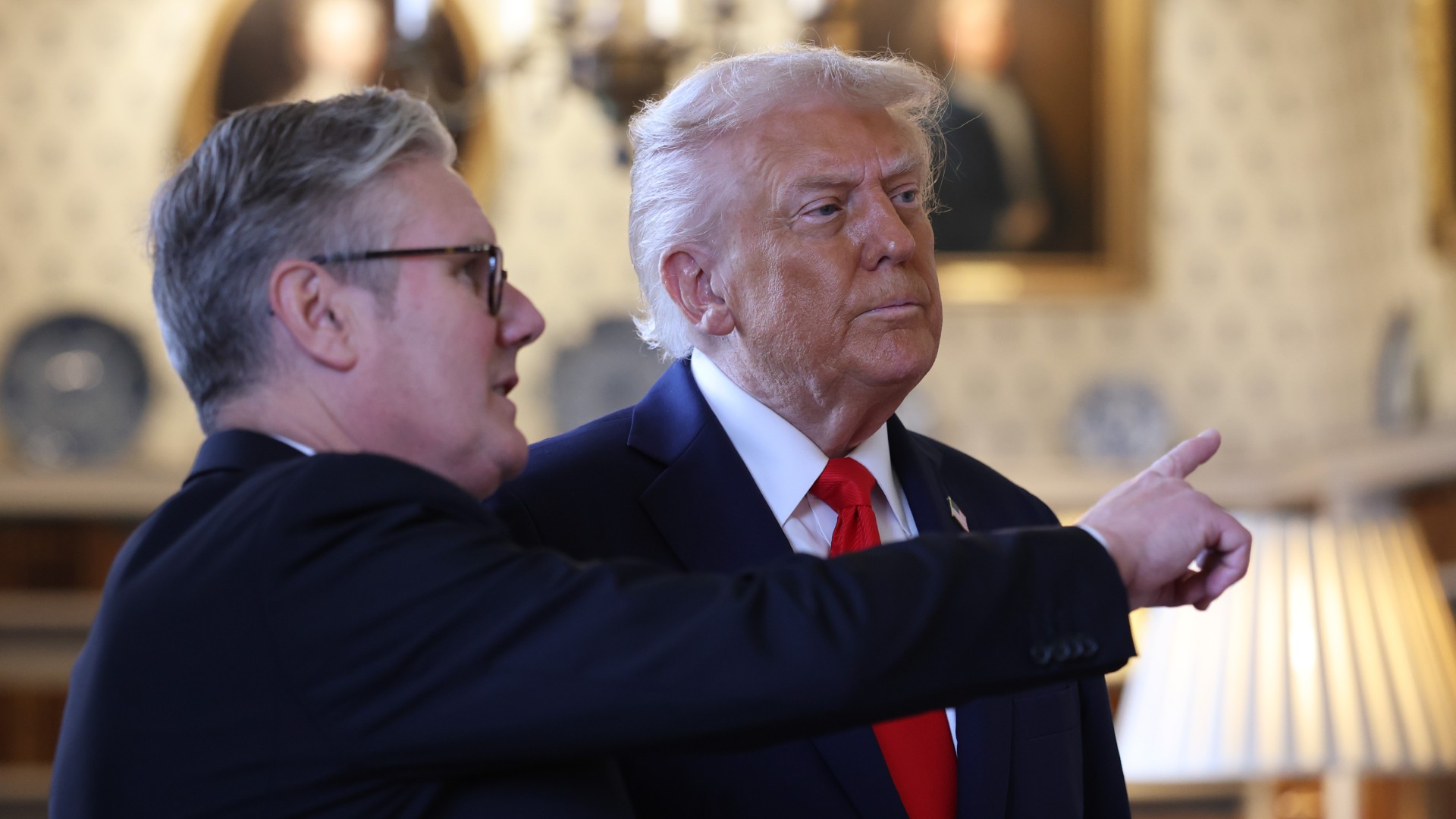 What is Donald Trump’s visit worth to the UK economy?
What is Donald Trump’s visit worth to the UK economy?In the Spotlight Centrepiece of the president’s trip, business-wise, is a ‘technology partnership’
-
 Is Andy Burnham making a bid to replace Keir Starmer?
Is Andy Burnham making a bid to replace Keir Starmer?Today's Big Question Mayor of Manchester on manoeuvres but faces a number of obstacles before he can even run
-
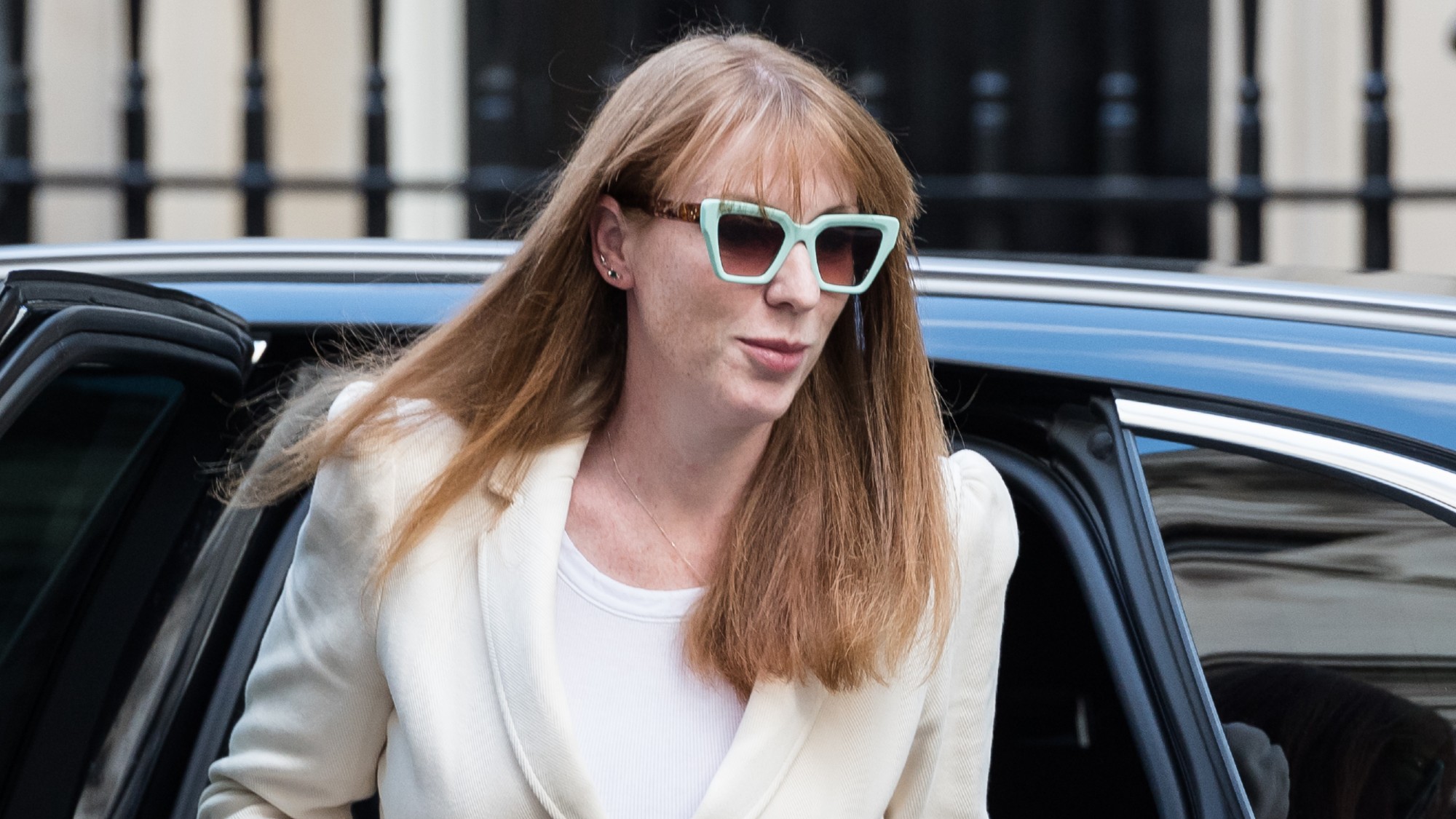 Angela Rayner: the rise and fall of a Labour stalwart
Angela Rayner: the rise and fall of a Labour stalwartIn the Spotlight Deputy prime minister resigned after she underpaid £40,000 in stamp duty
-
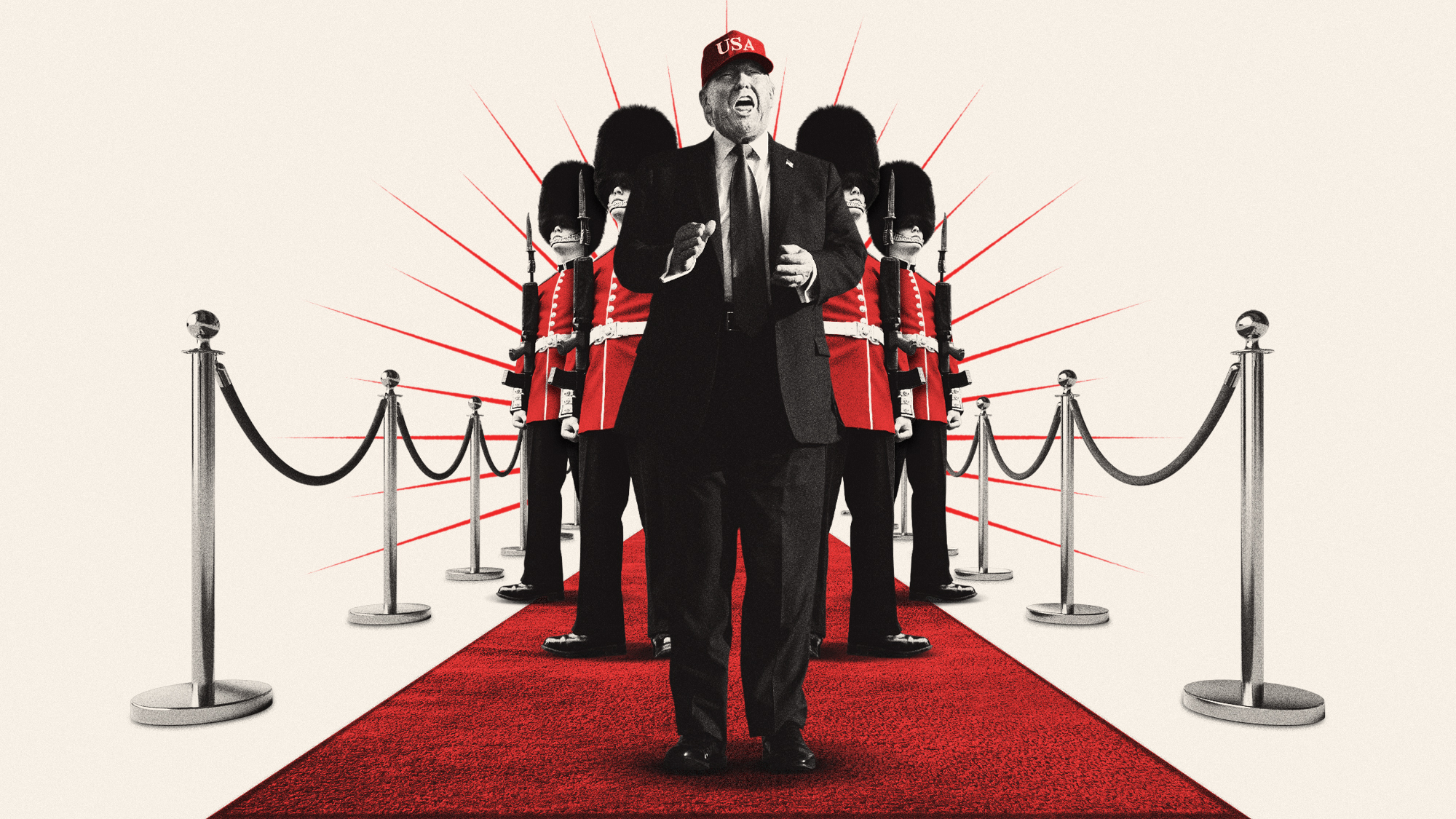 Will Donald Trump’s second state visit be a diplomatic disaster?
Will Donald Trump’s second state visit be a diplomatic disaster?Today's Big Question Charlie Kirk shooting, Saturday’s far-right rally and continued Jeffrey Epstein fallout ramps-up risks of already fraught trip
-
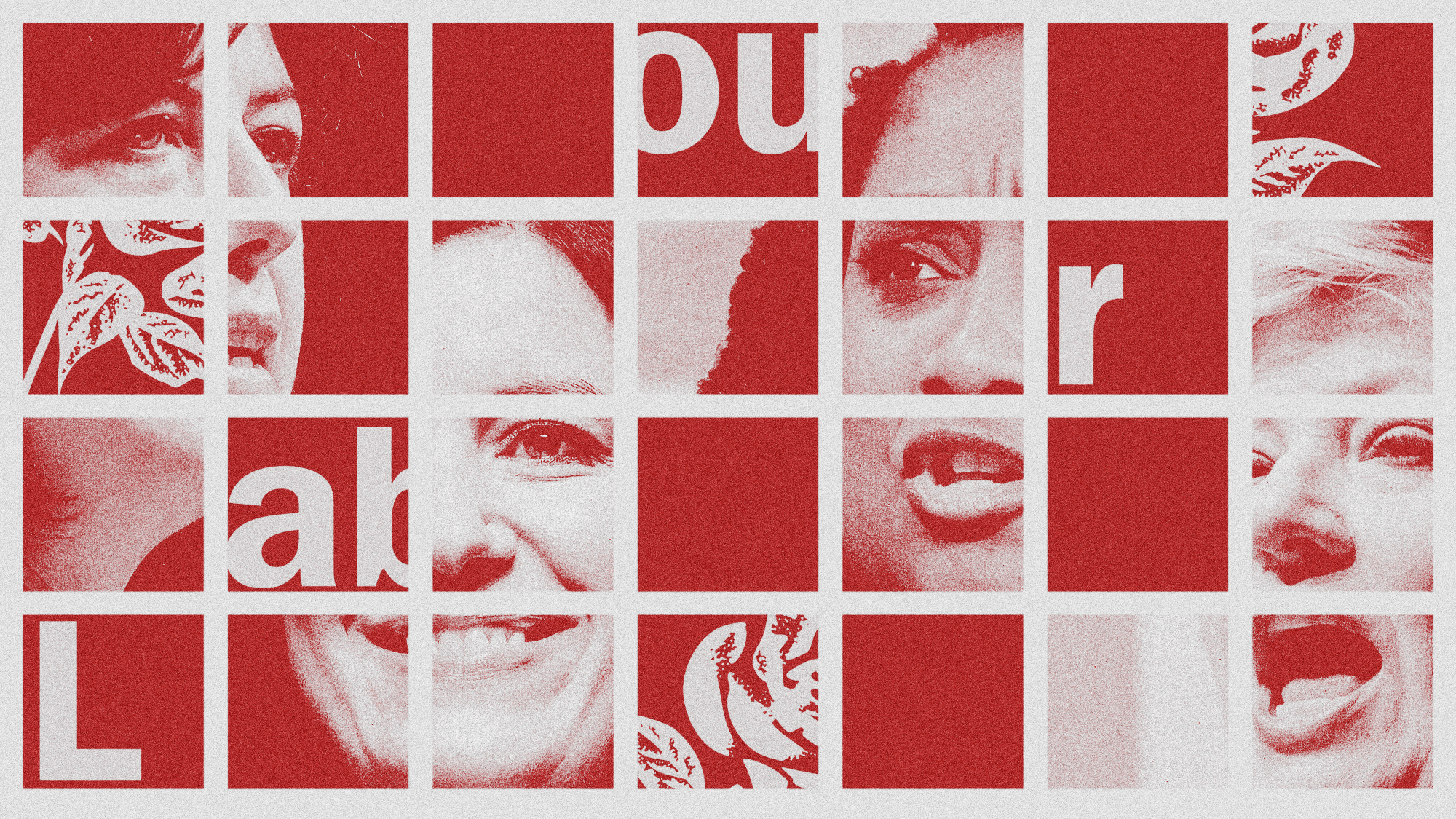 The runners and riders for the Labour deputy leadership
The runners and riders for the Labour deputy leadershipThe Explainer Race to replace Angela Rayner likely to come down to Starmer loyalist vs. soft-left MP supported by backbenchers and unions
-
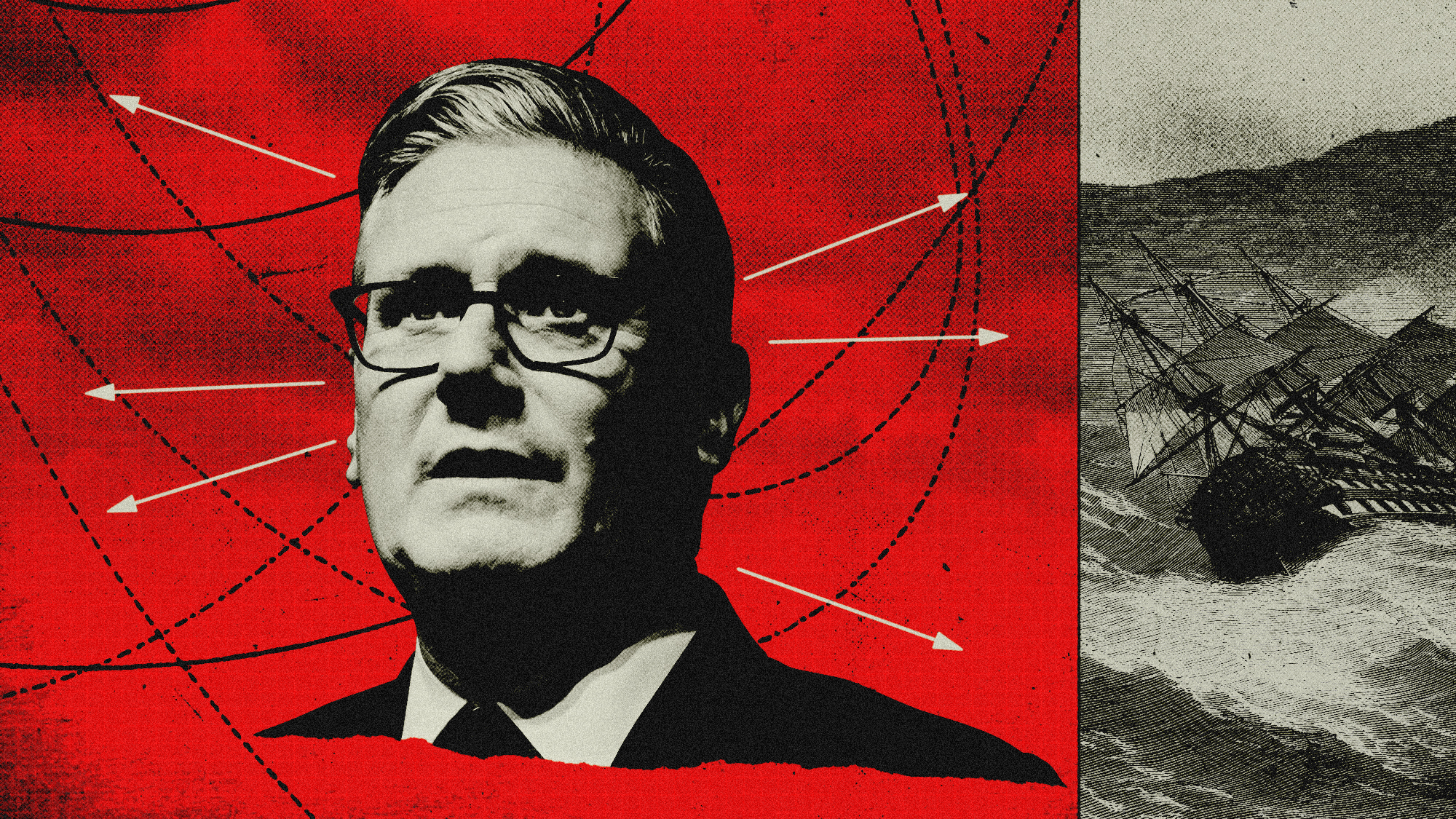 How should Keir Starmer right the Labour ship?
How should Keir Starmer right the Labour ship?Today's Big Question Rightward shift on immigration and welfare not the answer to 'haemorrhaging of hope, trust and electoral support'
-
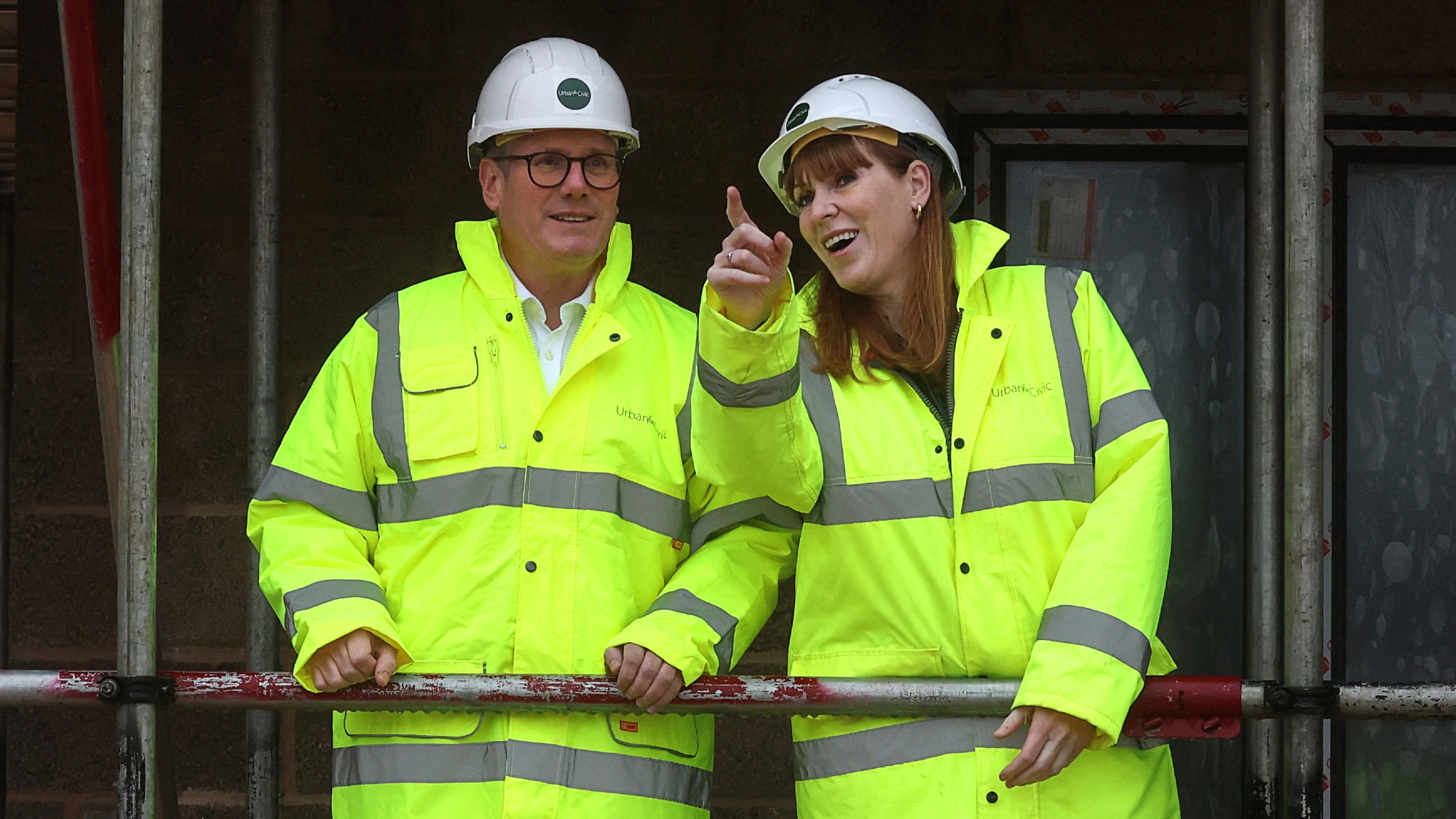 'Three Pads' Rayner: a housing hypocrite?
'Three Pads' Rayner: a housing hypocrite?Talking Point As real estate moguls go, the Deputy PM is 'hardly Donald Trump'
-
 Can anyone save Jimmy Lai?
Can anyone save Jimmy Lai?Today's Big Question 'Britain's shameful inaction' will mean it's partly 'responsible' if Hong Kong businessman dies in prison